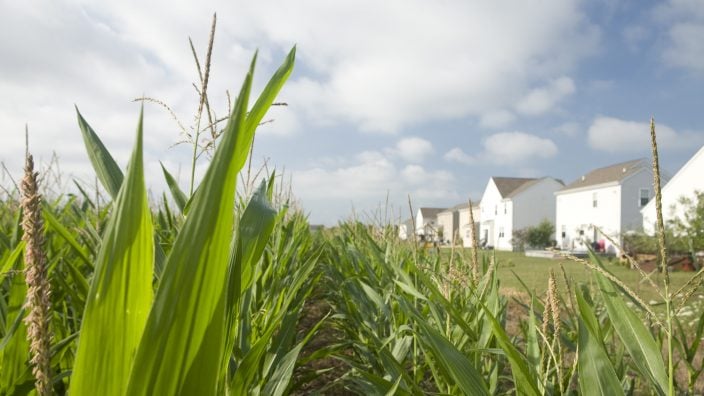Legal with Leah: Changes to CAUV woodland values
As Ohio Farm Bureau Policy Counsel Leah Curtis notes in this Legal with Leah, these changes should result in significant tax savings for many Ohio woodland owners.
Read MoreAfter the major news of Intel building a massive technology plant in Licking County, “progress” is making its way deeper in rural areas of Ohio. That has spurred some conversations about how future economic development projects will look, and some are wondering if eminent domain will play a role in finding the land resources for those projects. For this Legal with Leah, Ohio Farm Bureau Policy Counsel Leah Curtis talks about economic development and eminent domain.
Listen to Legal with Leah, a podcast featuring Ohio Farm Bureau’s Policy Counsel Leah Curtis discussing topics impacting farmers and landowners.
Ty Higgins [00:00:00] After the major news of Intel building a massive technology plant in Licking County, progress is making its way deeper into rural areas of Ohio. That has spurred some conversations about how future economic development projects will look. And some are wondering if eminent domain will play a role in finding the land resources for those future projects. That’s our topic matter for this Legal with Leah. Leah Curtis joins me. She’s policy counsel with Ohio Farm Bureau. So let’s start with what eminent domain is and go from there.
Leah Curtis [00:00:31] Eminent domain is the idea that the government takes your property for some sort of public purpose. The government has to show that it’s necessary to take it and that it’s going to be used for a public use. Aside from the government here in Ohio and most other states in the country and at the federal level, there’s also some companies that will have the right to use eminent domain. So the government has sort of said we’re transferring our power to you and those companies are mainly utilities, and that’s for the purpose of making sure everyone has access to public utility services.
Ty Higgins [00:01:03] So what types of things do we see eminent domain used for?
Leah Curtis [00:01:07] So from the government side, we see it more for things like roads. It could be a new school building. It could be a park. It could be trails, any of those uses that are going to be open to the public, and then utilities are typically using this for that utility infrastructure. So transmission lines, easements for water lines, underground power lines, those kinds of things to make sure everybody can access those services.
Ty Higgins [00:01:32] And I guess one of the reasons we’re getting calls at Farm Bureau is the question of can the government take my land and then give it to somebody else?
Leah Curtis [00:01:39] So we get this question still a lot, even though it’s been fairly settled in Ohio for a while. So the confusion comes because at the federal level, the U.S. Supreme Court has said that that can happen, so the government could take land and give it to another private user for the purposes of economic development. In Ohio, though, we have our own constitution and our Ohio Constitution and our Ohio Supreme Court has said that that is not allowed, that there are very, very limited circumstances where that can happen. There’s really only a handful of situations where that could happen. And so we can’t really use economic development as a public reason for taking property by the government.
Ty Higgins [00:02:22] So what might happen when a major economic development project like Intel happens in my area?
Leah Curtis [00:02:29] So obviously, there’s going to be some changes to your neighborhood, and eminent domain might be used because of infrastructure needs. Projects like that may need different water services or electric services or broadband. Broadband is not a public utility, but it might get bumped into there. So there may be some eminent domain happening to accommodate all that new infrastructure, and private entities might approach you about selling your property. They’re not going to have that right of eminent domain necessarily to buy it, to put a house on or to put a new building on. But they may be making you offers to sell that property in order to locate other portions of their business or to build houses, that kind of thing.
Ty Higgins [00:03:11] So if I’m a landowner and I’m faced with eminent domain threat, what can I do?
Leah Curtis [00:03:15] So if you think that you’re going to have an eminent domain situation on your hands, as soon as you know or even suspect, we would really suggest that you speak with an attorney early in the process. When you start with working with an attorney in that process, you can lay the groundwork a lot better. And unfortunately, we have had situations where people have called us and they have just ignored the situation, even up to ignoring court summons. And that is not going to end well for anyone, for any landowner. So if you get a letter about it, if you hear about it, you think it’s happening, it’s a good idea to get in with an attorney early and start to lay that groundwork to make sure you can either fight that taking or negotiate for the best terms possible for you.
Ty Higgins [00:04:00] You mentioned how eminent domain is constantly a concern for Ohio Farm Bureau members. So what are we doing as an organization on that front?
Leah Curtis [00:04:06] So we talk to members pretty much every week, I would say, someone who has an eminent domain concern and we can definitely help you with kind of understanding how the process works and what the law is, and we can help you find some legal counsel if you need help with that. But then on the other side, the legislative side, we’re also trying to work on some reforms to eminent domain laws. We had a major eminent domain reform in 2007, and that was a long time ago. And now we know there are other issues that need to be addressed when it comes eminent domain, particularly around protections for the landowner. So we are taking a look at that and trying to push for some reforms to our eminent domain law to make it a better situation for landowners.
Ty Higgins [00:04:51] Plenty of resources and great information on our website. While you’re there, you can listen to other episodes of Legal with Leah. Leah Curtis, policy counsel with Ohio Farm Bureau, thank you.
Leah Curtis [00:05:02] Thank you.
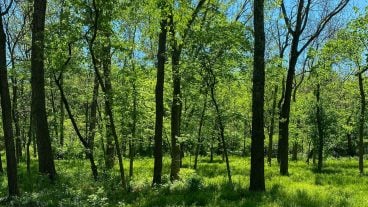
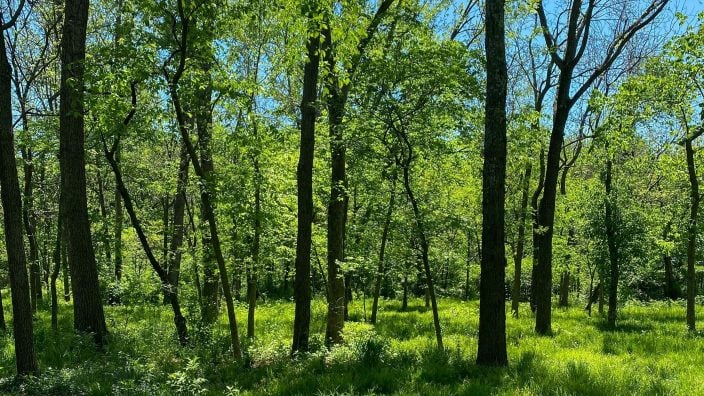
As Ohio Farm Bureau Policy Counsel Leah Curtis notes in this Legal with Leah, these changes should result in significant tax savings for many Ohio woodland owners.
Read More

In the case O’Connor v. Eubanks, the question is, can a state be sued in federal court when it takes a property?
Read More

A new low risk license should bring consistency across Ohio in regard to nonmechanical refrigeration.
Read More

The law requires most businesses to report information about their beneficial owners, and the intent is to try to make it harder to illegally hide assets and commit financial crimes.
Read More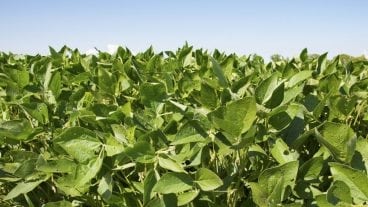
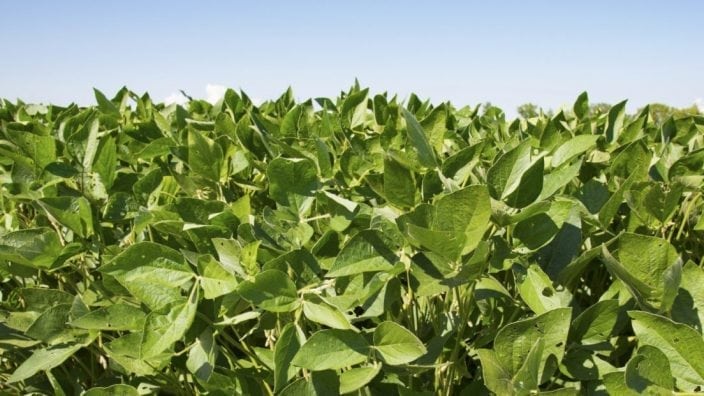
How will this impact Ohio farmers and what can be done to allow for use of the products that have already been purchased?
Read More

What are some of the things landowners need to be aware of, as they might see more people wanting to come out to their property and to rural Ohio for the best seat in the house?
Read More
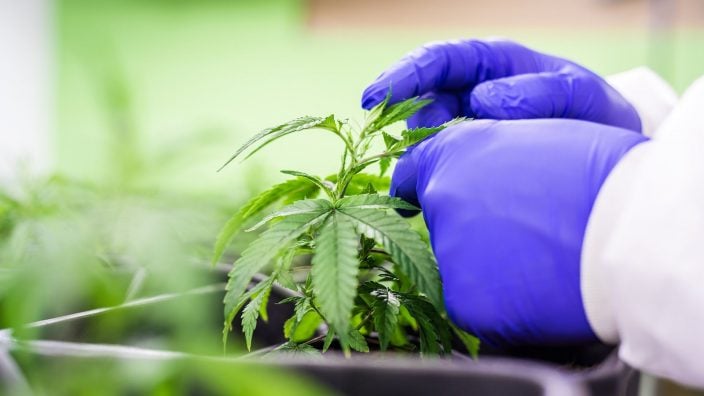
How will passage of Issue 2 impact agribusinesses and farm employers?
Read More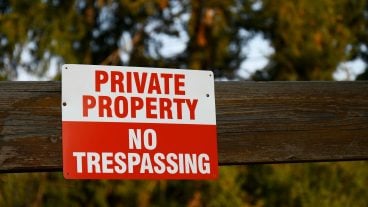
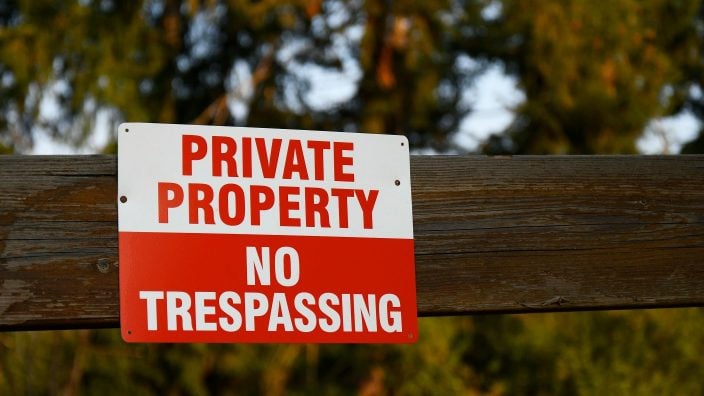
Policy Counsel Leah Curtis discusses Ohio trespassing laws and the liability that can fall on landowners when people enter their property.
Read More

When property owners may have issues with trees or encroachment on their property, they often turn to Ohio Farm Bureau for information.
Read More
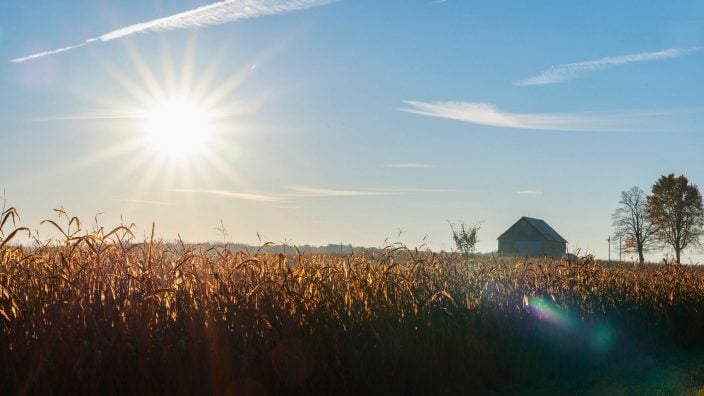
Even though there can be zoning in rural areas of Ohio, there are limitations in the law when it comes to agriculture.
Read More